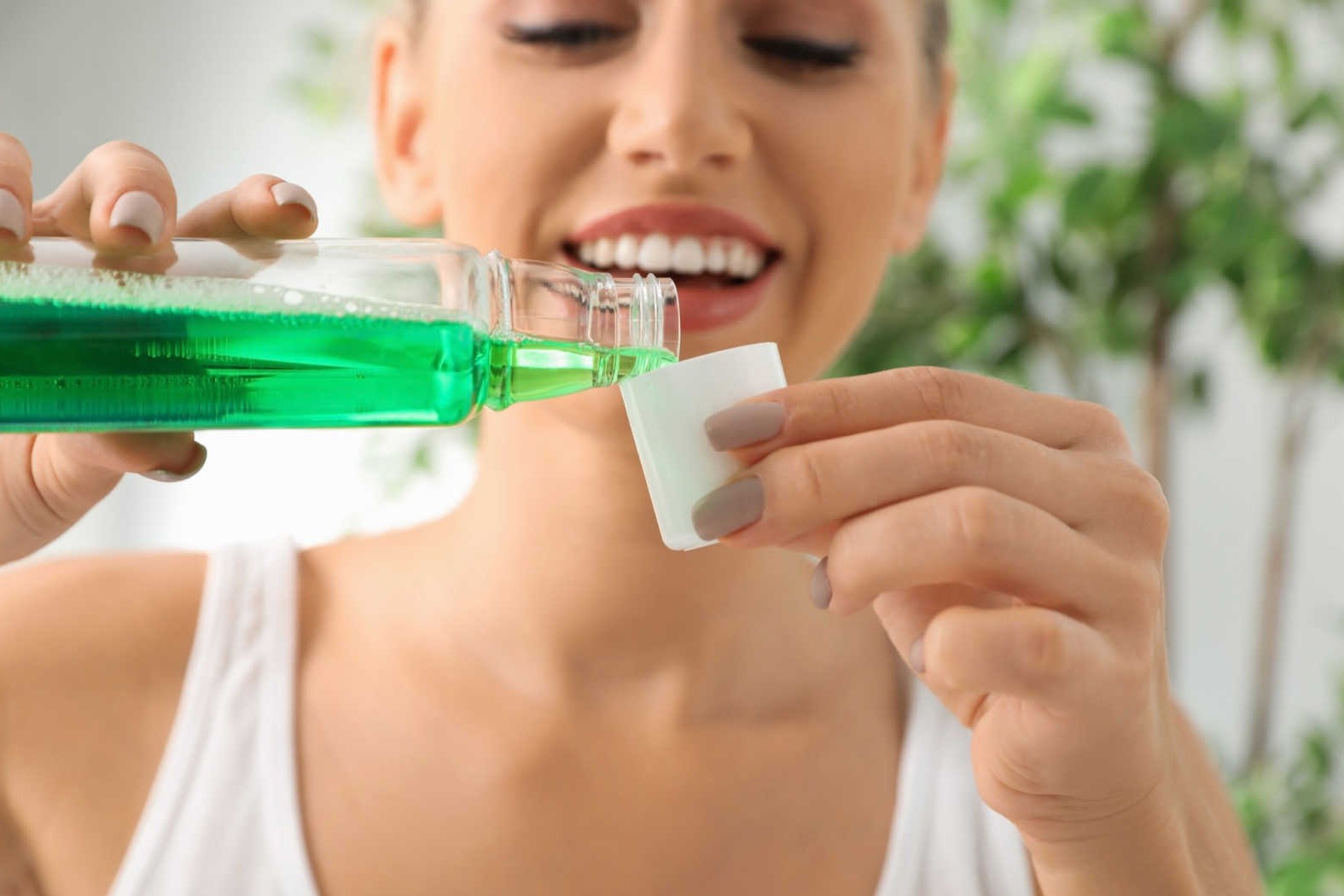
Is mouthwash really necessary for oral health? Absolutely! Mouthwash plays a vital role in maintaining oral hygiene. It helps reduce plaque, fight bacteria, and freshen breath. While brushing and flossing are essential, mouthwash reaches areas that might be missed. It can also help prevent gum disease and cavities. Different types of mouthwash offer various benefits, from fluoride to antiseptic properties. However, it's important to choose the right one for your needs. Some mouthwashes are designed for specific issues like bad breath or sensitive gums. Always read labels and consult with a dentist if unsure.
The Origins of Mouthwashing
Mouthwashing has a long history, dating back to ancient civilizations. Let's explore some fascinating facts about its origins and evolution.
- Ancient Egyptians used a mixture of water, salt, and vinegar to rinse their mouths, believing it would maintain oral hygiene.
- The Greeks and Romans also practiced mouthwashing, often using wine mixed with herbs to freshen breath.
- In ancient India, people used oil pulling, swishing oil in the mouth to remove toxins and improve oral health.
- Chinese medicine has long advocated for mouth rinsing with herbal concoctions to prevent dental issues.
Modern Mouthwash Development
The mouthwash we know today has undergone significant changes over the centuries. Here are some key developments in its modern history.
- In the 19th century, mouthwash began to be marketed commercially, with Listerine being one of the first brands.
- Listerine was initially developed as a surgical antiseptic before being marketed as a mouthwash in the 1890s.
- The original Listerine formula contained ingredients like eucalyptus, menthol, and thymol, which are still used in many mouthwashes today.
- Alcohol-based mouthwashes became popular in the 20th century, known for their strong antibacterial properties.
Benefits of Mouthwashing
Mouthwashing offers numerous benefits beyond just freshening breath. Here are some of the key advantages.
- Regular use of mouthwash can help reduce plaque buildup, which is a leading cause of gum disease.
- Antibacterial mouthwashes can kill harmful bacteria in the mouth, reducing the risk of infections.
- Fluoride mouthwashes can strengthen tooth enamel, making teeth more resistant to decay.
- Mouthwash can reach areas of the mouth that brushing and flossing might miss, providing a more thorough clean.
- Some mouthwashes are formulated to help whiten teeth, offering a cosmetic benefit.
Types of Mouthwash
There are various types of mouthwash available, each designed for specific purposes. Let's look at some common types.
- Antiseptic mouthwashes contain ingredients like chlorhexidine or alcohol to kill bacteria and reduce plaque.
- Fluoride mouthwashes are designed to strengthen tooth enamel and prevent cavities.
- Cosmetic mouthwashes primarily focus on freshening breath and may contain flavoring agents.
- Natural mouthwashes use herbal ingredients and essential oils, appealing to those seeking chemical-free options.
- Prescription mouthwashes are available for specific dental conditions, such as severe gum disease or dry mouth.
Myths and Misconceptions
Despite its benefits, there are several myths and misconceptions about mouthwashing. Let's clear up some of these misunderstandings.
- Myth: Mouthwash can replace brushing and flossing. Fact: Mouthwash should be used in addition to brushing and flossing, not as a substitute.
- Myth: All mouthwashes contain alcohol. Fact: Many alcohol-free options are available, suitable for those with sensitive mouths.
- Myth: Mouthwash can cure bad breath permanently. Fact: While it can help, underlying causes like dental issues or diet need to be addressed.
- Myth: Swallowing mouthwash is safe. Fact: Mouthwash should never be swallowed, as it can contain harmful ingredients.
Fun Facts About Mouthwashing
Mouthwashing isn't just about health; there are some fun and quirky facts too.
- Some mouthwashes are designed to change color when they come into contact with plaque, making it easier to see where to brush.
- In Japan, mouthwash tablets that dissolve in water are popular for their convenience and portability.
- The Guinness World Record for the largest mouthwash bottle was set in 2011, measuring over 15 feet tall and containing 1,500 gallons of mouthwash.
Final Thoughts on Mouthwashing
Mouthwashing isn't just about fresh breath. It's a key player in oral health. Regular use can help prevent gum disease, cavities, and even bad breath. But remember, it's not a replacement for brushing and flossing. Different types of mouthwash serve different purposes. Some are great for killing bacteria, while others focus on whitening or reducing plaque. Always check the label and choose one that fits your needs. If you have specific dental concerns, consult your dentist. They can recommend the best mouthwash for you. And don't forget, using mouthwash correctly is crucial. Swish it around for the recommended time, usually 30 seconds, and avoid eating or drinking immediately after. With these tips, you can make the most of your mouthwash and keep your smile healthy and bright.
Was this page helpful?
Our commitment to delivering trustworthy and engaging content is at the heart of what we do. Each fact on our site is contributed by real users like you, bringing a wealth of diverse insights and information. To ensure the highest standards of accuracy and reliability, our dedicated editors meticulously review each submission. This process guarantees that the facts we share are not only fascinating but also credible. Trust in our commitment to quality and authenticity as you explore and learn with us.
